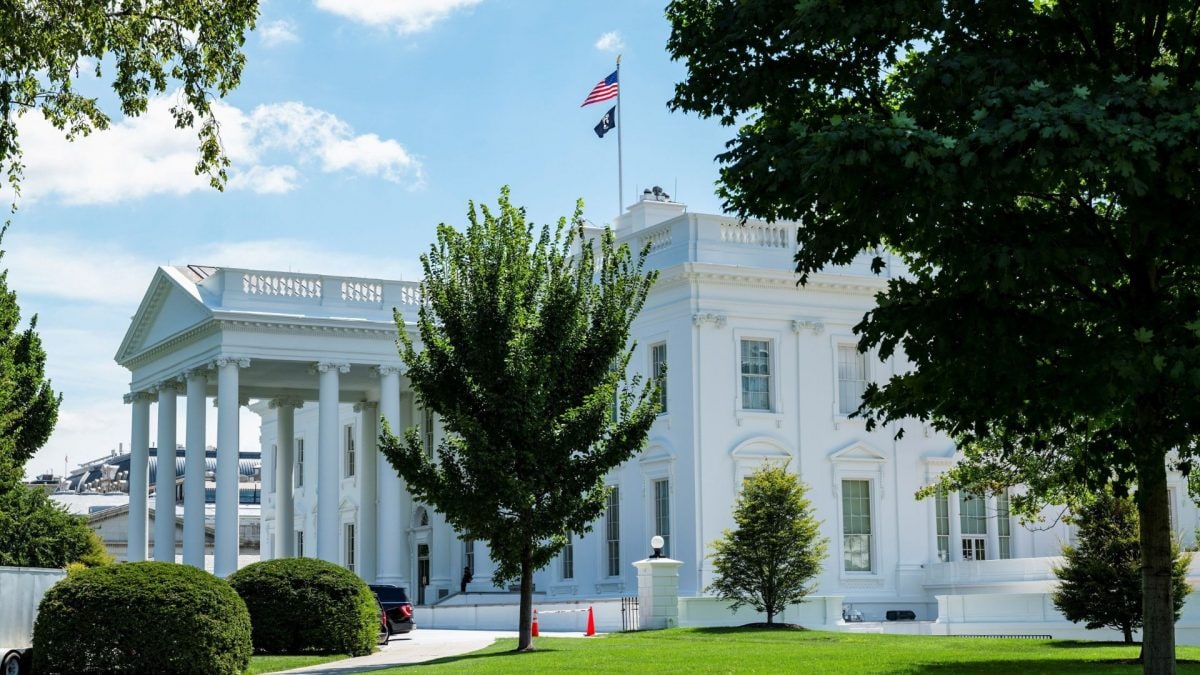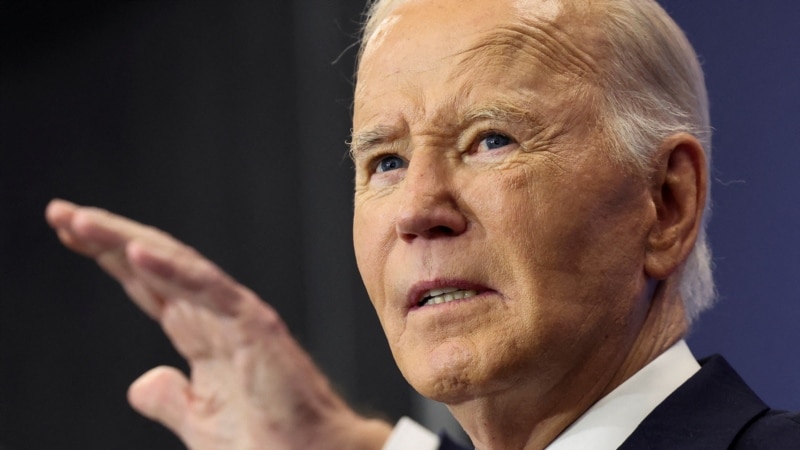U.S. Launches Comprehensive Strategy to Combat Islamophobia
The United States’ first comprehensive strategy to combat Islamophobia has been unveiled by the White House which outlines more than 100 measures that federal officials can take to address hate, violence, bias, and discrimination against Muslims and Arab Americans.
This initiative follows the Biden administration’s earlier national plan to combat antisemitism, announced in May 2023, amid increasing concerns about rising hatred targeting Jewish communities.
Officials have been crafting the anti-Islamophobia plan for months, releasing it just five weeks before President Joe Biden is set to leave office. Its implementation will largely depend on the incoming administration of President-elect Donald Trump, should it choose to pursue the outlined measures.
You may be interested
In a statement accompanying the release, the Biden administration highlighted the urgency of the initiative, citing a significant rise in threats against American Muslim and Arab communities over the past year. Among these incidents was the October 2023 killing of 6-year-old Wadee Alfayoumi, an American Muslim boy of Palestinian descent, who was fatally stabbed in Illinois.
The strategy proposes actions the Executive Branch can take, alongside over 100 additional calls to action for broader societal engagement.
Key priorities of the strategy
The plan is built around four core priorities:
Raising awareness: Increasing public understanding of hate targeting Muslims and Arabs while celebrating their contributions to the nation.
Enhancing safety: Improving security for Muslim and Arab communities.
Curbing discrimination: Ensuring fair treatment by protecting religious practices and addressing institutional biases.
Building solidarity: Promoting cross-community unity to counter hate.
These objectives mirror those of the Biden administration’s antisemitism strategy, particularly the focus on safety, security, and fostering collaboration across diverse communities.
The plan also stressed on the importance of data collection and educational initiatives to combat anti-Muslim and anti-Arab hate while highlighting their rich cultural heritage and contributions to America. It encourages federal agencies to clearly communicate that discrimination against Muslims and Arabs in federally funded programs is prohibited.
Additionally, it aims to disseminate best practices for reporting hate crimes and urges cooperation with state, local, and international entities, as well as non-governmental organisations, to advance shared values of justice and equality.
Reactions to the Strategy
The Council on American-Islamic Relations (CAIR), the largest Muslim civil rights organisation in the US, expressed disappointment, describing the strategy as “too little, too late.”
While acknowledging some positive recommendations, CAIR criticised the plan for its delayed release and lack of action to address systemic issues.
The organisation highlighted the absence of commitments to overhaul federal programs it says contribute to anti-Muslim discrimination, including a controversial “federal watchlist” targeting Arab Americans.
CAIR also condemned the plan’s failure to address the US role in global conflicts, particularly what it referred to as a “US-backed genocide in Gaza,” calling this the primary driver of contemporary anti-Muslim sentiment.
The Biden administration faced mounting criticism from pro-Palestinian groups during the 2024 election campaign for its steadfast support of Israel in its war with Hamas in Gaza. Activists frequently disrupted campaign events for both Biden and Vice President Kamala Harris.
Meanwhile, Trump, who previously implemented a travel ban on several Muslim-majority countries during his first term, secured support from some Arab-American voters during the 2024 election. However, concerns have surfaced among these supporters regarding his potential Cabinet appointments and policy directions.














